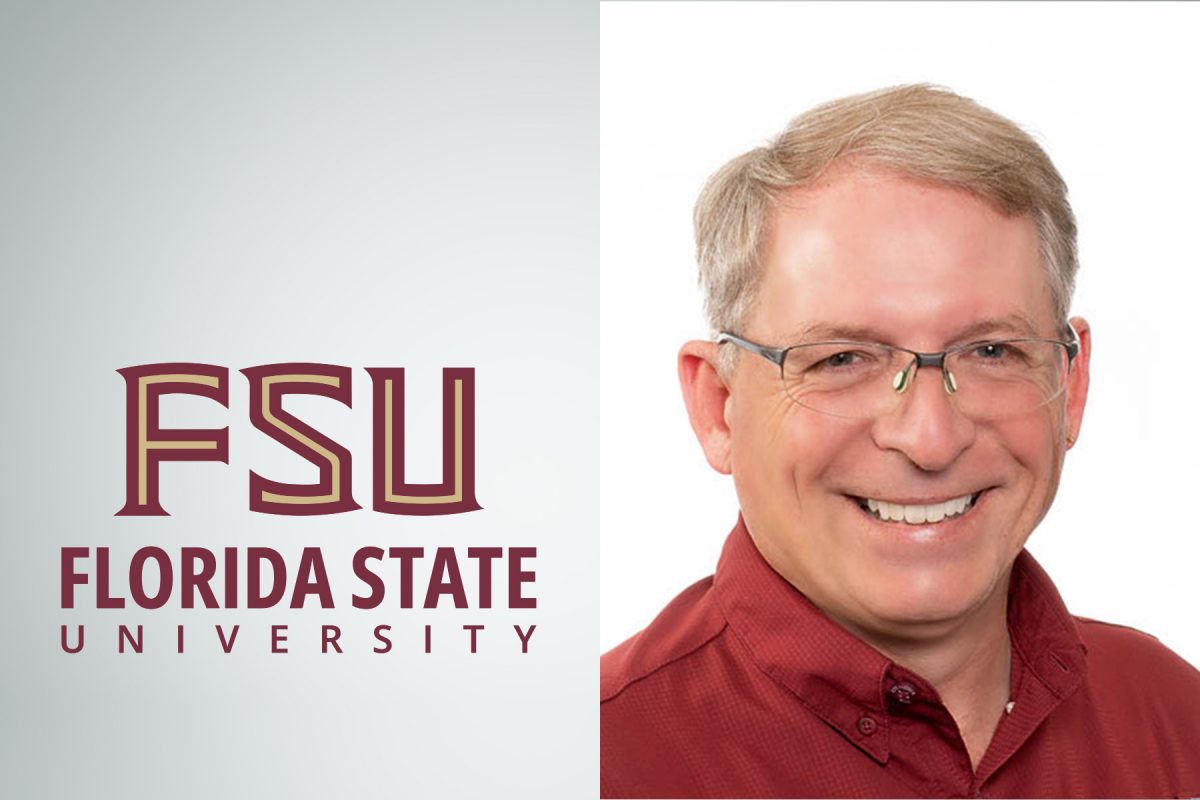
Florida State University is partnering with the Florida Department of Transportation (FDOT) on a research project that will improve the efficiency of Florida’s infrastructure, identify and expand network capacity for commercial transportation and lay a firm foundation for long-term job and income growth.
The Florida Freight Corridor Planning project aims to develop an actionable urban transportation policy framework and plan that will promote economic development and help position the state of Florida as the Southeast’s central freight and commercial transportation hub over the next century.
Samuel Staley, director of the DeVoe L. Moore Center in the FSU College of Social Sciences and Public Policy (COSSPP), is the principal investigator for the two-year initiative. The project will also include COSSPP faculty members John Felkner and Dennis Smith; four Department of Urban and Regional Planning graduate students; at least one planning studio; and a partnership with the University of Illinois Urbana-Champaign.
“Dr. Sam Staley is the right individual to lead this research team as it explores innovative investment models for Florida’s infrastructure,” said Tim Chapin, dean of the College of Social Sciences and Public Policy. “I believe this study will be of great value to the state as it plans for continued population growth and economic development in the years ahead.”
The Florida Freight Corridor Planning project, with a total budget of nearly $940,000, will help the team focus on three specific areas of research:
- Analysis of and integration of Florida’s multi-modal transportation network (surface, water and air) to capture characteristics and connectivity points
- Assessment of the economic development potential by examining connections between Florida’s metropolitan areas
- Investigation of how the transportation network can diversify the state’s economy
After examining Florida’s existing transportation network, Staley wants to ensure the state is providing mechanisms for integrating infrastructure that will work cohesively.
“Upgrading our highways to reduce congestion, modernizing our ports to handle increased cargo volumes and enhancing airport facilities to improve passenger efficiency are the main focus points,” Staley said. “We are rethinking how our infrastructure components, such as roads, bridges, ports and airports can work together more effectively to serve the state’s economic needs.”
“The established institutes and centers at our university allow us to tap into different areas of expertise to help us identify the right partners for this project.”
– Samuel Staley, director of FSU’s DeVoe L. Moore Center
With particular opportunities in North Florida and the Panhandle, the research team of transportation and planning experts will identify and make recommendations that will best facilitate transportation lines and transshipment hubs, such as road and port capacity expansions. The project also aims to continue engaging public discourse on improving state infrastructure bolstering Florida’s economic future.
The partnership and funding will facilitate the collaboration of experts across FSU’s campus and at the FDOT to advance the project and produce a final report with policy and project recommendations.
“The established institutes and centers at our university allow us to tap into different areas of expertise to help us identify the right partners for this project,” Staley said.
To learn more about the DeVoe L. Moore Center, visit cosspp.fsu.edu/dmc/.
About the DeVoe L. Moore Center
FSU’s DeVoe L. Moore Center is a public policy research institute, or “think tank,” involved in examining market-oriented solutions to pressing social problems on the state and local levels in Florida. The center focuses on areas such as regulation, land use and urban development, entrepreneurship, government accountability and transparency, and economic development.




